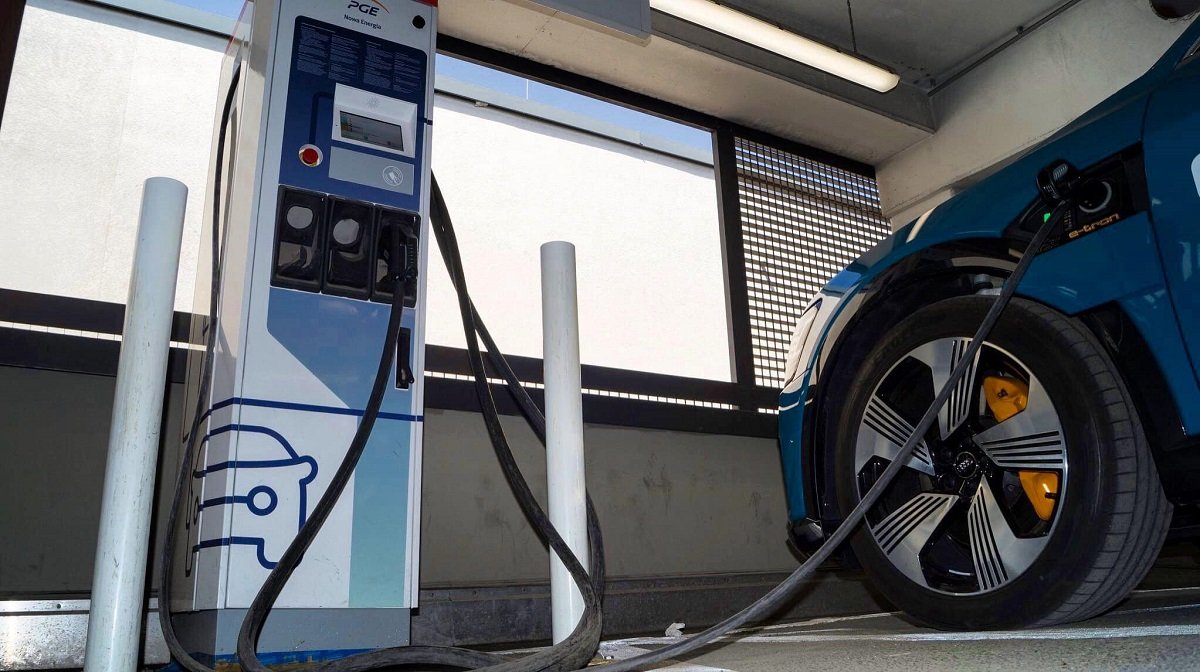

Payroll taxes levied on electric cars still in question
Though previously announced just a few years ago, a million electric cars are highly unlikely to be on Polish roads in 2025. Nevertheless, it is genuinely encouraging to see an increasing number of entrepreneurs decide to electrify their fleet of company cars. This undoubtedly fits in with the corporate social responsibility strategy.
Company cars are, however, followed by … employee taxes and levies (PIT and ZUS Social Security Contributions). Electric company cars are no different.
Let’s look at the case of an employee using an electric company car for both business and private purposes. Undoubtedly, private use generates additional income for the employee. The question is what amount should be added to the payroll.
Until the end of 2021, there was no clear answer to such a question due to lack of precise legal regulations. As of 1 January 2022, the legislator has explicitly indicated that the amount of the employee’s additional lump-sum income from the use of a company car for private purposes amounts to:
- PLN 250 per month – for cars with an engine power of up to 60 kW or for an electric or hydrogen powered vehicle;
- PLN 400 per month for other cars.
There is no doubt that PLN 250 is the maximum amount that should be taken into account when calculating the advance PIT and ZUS Social Security contributions as a result of the use of an electric company car for private purposes. But does this indeed end the subject of taxation of employees using such vehicles?
In the case of combustion cars, the cost of fuel is well known to be a relevant operating cost. In the case of electric cars, this will be the cost of electricity. An employee can make use of free charging stations. However, this is not always possible, not least because of the limited availability of these stations. Employees frequently charge their cars using their home electricity networks. This in turn translates into increased electricity bills of these individuals.
In a general tax ruling dated 11 September 2020, the Minister of Finance pointed out that the lump-sum income (the aforementioned amounts of PLN 250 and PLN 400) includes fuel costs and, more broadly, costs related to the maintenance and general use of the car that the employer must incur in order to enable the car to participate in road traffic. Thus, it would be logical to conclude that also the cost of electricity, incurred by the employer, does not constitute additional income for the employee.
In the ruling of 5 May 2021, case file no. 0112-KDIL2-1.4011.153.2021.1, the Director of the National Revenue Administration Information Centre indicated that if a company covers an employee’s lump-sum charging costs for an electric vehicle, such compensation constitutes additional income for the employee. This position puts users of company electric cars at a disadvantage compared to those using combustion-powered cars, with regard to whom tax authorities no longer demand taxation of fuel costs covered or reimbursed by the employer in relation to company cars.
Yet a drop drills the rock. Tax authorities are indeed slowly changing their approach also with regard to electric company cars, as evidenced, for example, by the ruling of the Director of the National Revenue Administration Information Centre of 28 July 2022, case file no. 0115-KDIT2.4011.233.2022.2.RS. In that letter, the authority held that the employer’s reimbursement of the expense of charging an electric company car would not constitute additional income for the employee. However, there is one important reservation pointed out by the authority. If the employer is going to pay a lump sum for the expense of charging this car, it should be accounted for and any excess over the employee’s charging expense should either be reimbursed to the employer or be included in the employee’s income from the employment. In turn, this means that the company and the employee will not escape the need to meticulously value the cost of the energy used to charge the company car.
The amendment to the Road Transport Act, announced for the end of 2022, is expected to introduce rules for reimbursing employees for the use of electric or hybrid, and also hydrogen-powered private cars for business purposes. It would be good if, together with these changes, the issue of accounting for the costs of recharging an electric company car when recharged by an employee at home were also comprehensively addressed.



Rafał Sidorowicz, tax adviser and senior manager in Personal Tax Practice and Advisory Services for Employers in MDDP
Last Updated on December 9, 2022 by Anastazja Lach